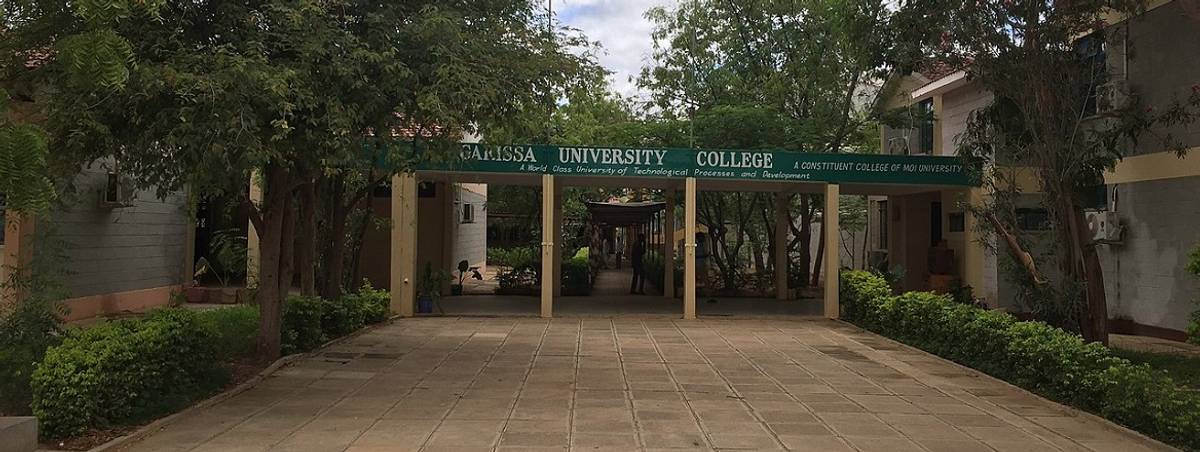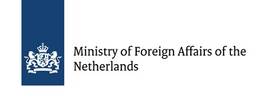Preventing and Countering Violent Extremism in Kenyan Universities: Phase II
Funded by the Ministry of Foreign Affairs of the Kingdom of the Netherlands, this project contributed to reducing the radicalisation and recruitment of university students in Kenya by empowering students to design and implement their own P/CVE programmes.
Over several years, violent extremist organisations operating in Kenya have sought to radicalise and recruit amongst university students who may have specialised skills of value to their operations. At the same time, not a lot of P/CVE programming has been invested in universities – understanding the threat and effective P/CVE programming for university students – in spite of Kenya’s whole of society approach to addressing issues of P/CVE.
An initial programme focused on research to better understand the problem amongst students at two universities to inform pilot mentorship activities. In a subsequent iteration of the programme, RUSI built on lessons learned in order to scale-up interventions, engaging a total of four universities and more students. The focus was on identifying how the student-led projects can be made sustainable, beyond programme funding. The programme’s focus was on violent extremism prevention activities designed and implemented by university students with the support of the RUSI team
Aims and objectives
The aim of the programme was to reduce the risk of university students becoming radicalised and recruited by violent extremist organisations. Research and implementation carried out by RUSI in the first iteration demonstrated that with an understanding of the tenets of P/CVE, project management support and the space to engage on critical issues, university students could support growth in the evidence base for effective P/CVE programmes at the university level.
In the second iteration of the programme, RUSI sought to build on lessons learned and to increase impact. The RUSI team implemented the programme at twice as many universities, reached a broader base of students and individuals in target university communities and place a renewed emphasis on sustainability. The programme focused on student-designed and led CVE initiatives that could continue beyond the project period.
The programme aimed to increase awareness of VE, provide students with the space to engage in inter-faith dialogue, empower students to voice their concerns and debate on critical issues. In addition, RUSI facilitated an increased capacity of students, staff and faculty to implement P/CVE projects in a university setting.
A robust monitoring and evaluation approach measured how effective the programme had been in contributing to reducing the risk of university students to radicalisation and recruitment to VEOs in Kenyan universities. The project contributed to the evidence base on effective CVE interventions in university settings for the wider P/CVE community and policy makers.
Project sponsor
Ministry of Foreign Affairs of the Netherlands
This programme is supported by the Ministry of Foreign Affairs of the Netherlands






